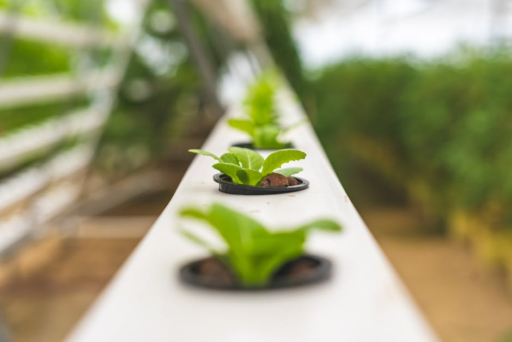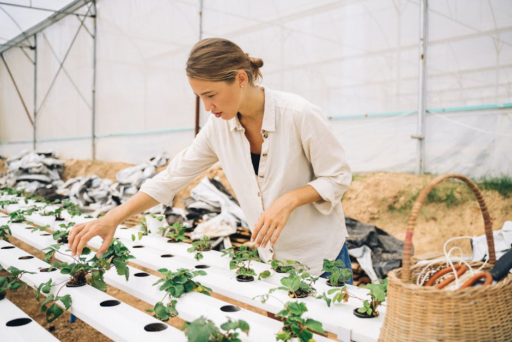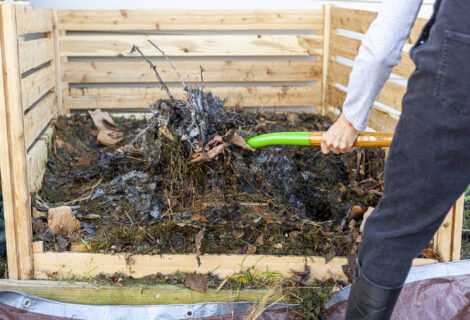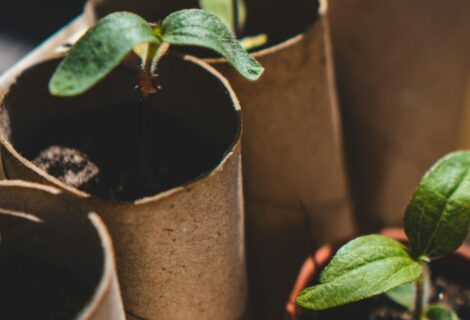Hydroponic farming is an innovative agricultural practice that involves growing plants without soil, using mineral nutrient solutions in an aqueous solvent instead. This method allows plants to grow upwards rather than outwards, maximizing space and resources. By precisely controlling the environment, including nutrients, water, and light, hydroponic systems can produce food more efficiently and sustainably than traditional farming methods. This soilless farming technique is gaining popularity worldwide due to its potential to produce high yields in limited spaces, conserve water, and reduce the use of pesticides and herbicides, making it a promising solution for future food security.

Types of Hydroponic Systems
There are several types of hydroponic systems, each with its own unique method of delivering nutrients to the plants. These include the Wick system, Deep Water Culture (DWC), Nutrient Film Technique (NFT), Ebb and Flow (Flood and Drain), Aeroponics, and Drip systems. The choice of system depends on factors such as the type of plants being grown, the available space, and the resources of the farmer.
Advantages of Hydroponic Farming
Hydroponic farming offers numerous advantages over traditional soil-based farming. As plants are provided with an optimal nutrient balance in a controlled environment, hydroponics can lead to faster growth rates and higher yields. It requires significantly less water, as the closed system recycles water and nutrients efficiently. It also allows for year-round production, unaffected by seasonal changes or adverse weather conditions
Challenges in Hydroponic Farming
Despite its benefits, hydroponic farming faces several challenges. The initial setup cost for a hydroponic system can be high, potentially making it inaccessible for small-scale farmers. It also requires constant monitoring and maintenance to ensure the system functions correctly, along with a stable power supply, which can be a limitation in remote areas. Disease management in a recirculating system is another challenge that needs careful attention.
The Environmental Impact of Hydroponic Farming
Hydroponic farming has a positive impact on the environment in several ways. By using water more efficiently and eliminating the need for soil cultivation, it reduces water usage and soil erosion. It also minimizes the runoff of nutrients and pesticides, which can contaminate water bodies. However, the environmental footprint of hydroponic systems can vary based on the energy source used for lighting and temperature control, underscoring the importance of using renewable energy sources.
The Future of Hydroponic Farming
The future of hydroponic farming is bright, with ongoing research and technological advancements aiming to make it more efficient, accessible, and sustainable. Innovations in LED lighting, nutrient solutions, and automation are paving the way for more effective and scalable hydroponic farms. As the global population continues to grow, hydroponic farming offers a promising solution for meeting the increasing food demand in urban and arid areas, where traditional farming faces significant challenges.

Hydroponic farming represents a revolutionary shift in agricultural practices, offering a viable and efficient alternative to traditional soil-based farming. With its numerous advantages, including water conservation, year-round production, and higher yields, hydroponics stands as a testament to the potential of innovation in overcoming the environmental and spatial challenges faced by traditional farming methods. As the world grapples with the pressing issues of food security and environmental sustainability, the adoption of hydroponic farming practices promises not only to meet the increasing global food demands but also to do so in an environmentally responsible manner. The continuous evolution and improvement of hydroponic technologies pave the way for a future where sustainable farming can flourish, making it an indispensable part of the global effort to create a more food-secure and sustainable world.









